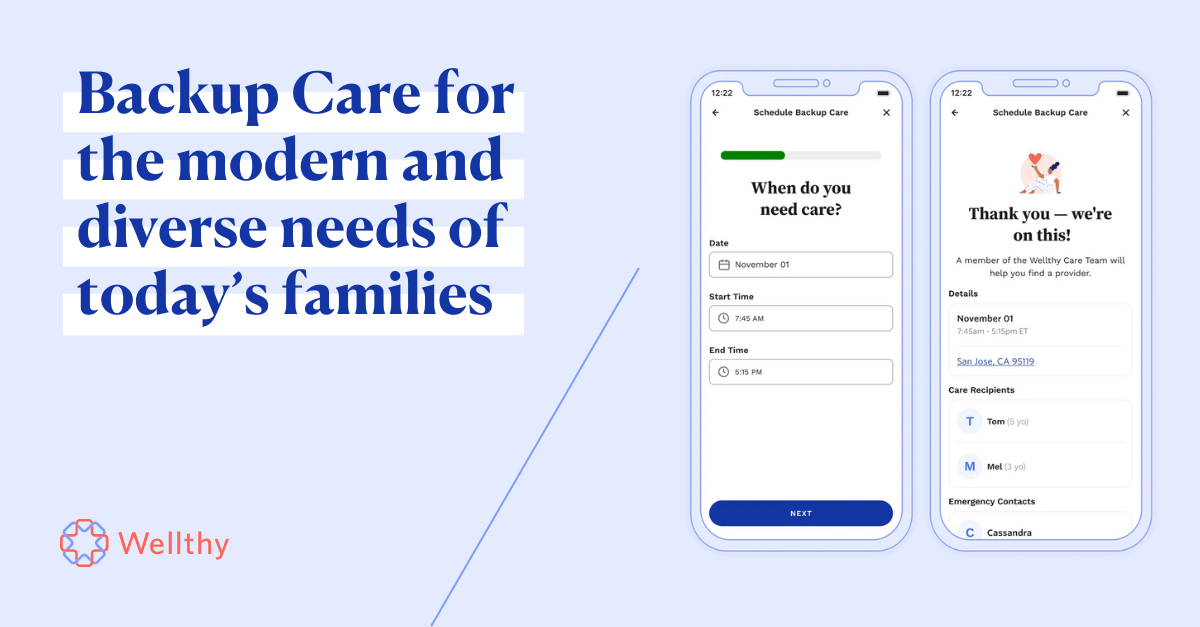As I look back on my first journey home to Ohio for the holidays, I didn’t anticipate the changes waiting for me as a long-distance caregiver. Even though I maintained a consistent connection with my grandparents after relocating to another state, the reality of their day-to-day lives became obvious during my holiday visit.
I had assumed our frequent conversations painted an accurate picture of their lives and how they were doing. I envisioned Grandma — a culinary wizard who was fiercely independent — still delighting in her passion for cooking, maneuvering her way through traffic with ease to get to appointments, and efficiently managing weekly medications.
But walking into my grandparents’ home revealed a surprising contrast. The weekly pill containers had neglected medications, a testament to missed doses and overlooked health concerns.
The once very organized refrigerator held expired and moldy food, and the kitchen counter was buried beneath an avalanche of papers, unopened bills, and a palpable sense of disarray. I also noticed both grandma and grandpa had slowed down significantly and were having trouble walking throughout the house.
The realization struck me with concern — how could so much change unfold in such a short span of time? I had just visited them several months before, yet the cozy familiarity of my grandparents' home was now so different.
As I navigated restoring order to their living space, I found myself challenged with the intricacies of caregiving from a distance. This experience helped me to see the importance of physical presence and hands-on support, highlighting the limitations of relying solely on virtual check-ins, phone calls, FaceTimes, or Zooms. The evidence of their struggles served as a wake-up call, prompting me to take a more proactive approach in how I would help them make sure they had the care support they needed moving forward.
That holiday visit redefined my role as a caregiver. If you are caring for someone, or concerned that an aging relative might need more care, here are a few signs that may indicate your loved one needs more support at home.
1. Changes in self-care
If you have noticed your loved one’s personal hygiene has changed, it may mean that they are afraid of falling in the bathroom. Similarly, if their clothes aren’t clean, or if they are wearing the same outfit for several days, this might point to depression, or even mobility issues. If you notice sudden changes in weight, they may be relying on processed food because they don’t feel like cooking.
2. Forgetfulness or confusion
Maybe they missed a doctor’s appointment or forgot to take their medicine. While these things can happen to everyone once in a while, when they happen repeatedly, this could mean they are navigating memory issues or mobility problems.
3. Lack of interest in activities
If your loved one no longer engages in hobbies or activities they once enjoyed, it may be a sign of depression or declining physical or mental health. Pay attention to any changes in their level of interest or enthusiasm for things they used to love.
4. Increased reliance on others
Notice if your loved one is asking for more help with tasks they used to manage independently. This could indicate a decline in physical abilities or difficulties with daily living.
5. Challenges with managing their medications
Look for any signs of missed doses or confusion about medication schedules.
6. Safety hazards in the home
Take note of any potential safety hazards, such as cluttered or unclean living spaces, expired food, or tripping hazards such as rugs. These can increase the risk of accidents, illnesses, or injuries.
While it’s never easy to watch our once independent loved ones become less active and mobile, the good news is that there are many options available to help manage their care.
AARP provides several great resources, including a comprehensive home safety checklist and insightful articles on aging in place.
Proactively connecting with your local area agency on aging can also open up a world of support and ideas for navigating your caregiving journey — from exploring different living arrangements to accessing in-home support aides, meals on wheels, and transportation services, they are there to support and guide you through those local resources.
For so many families, caregiving shows up in the form of an acute crisis or emergency situation. This holiday season as millions of families spend time in person with one another, take note of how your loved ones are doing — and as best as possible get ahead of potential care needs to ensure your family members have everything they need to thrive.
Heather Roberts is a Care Coordinator at Wellthy. She has over 24 years of experience working with individuals of all ages to provide caregiving support, with a particular affinity for patient advocacy and health intervention strategies for the elderly. Heather is a strong advocate for aging in place and has personally navigated the healthcare system on behalf of family members.







